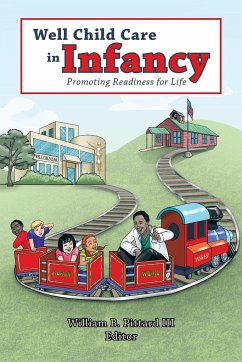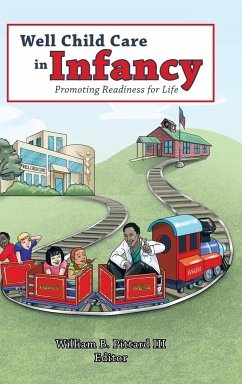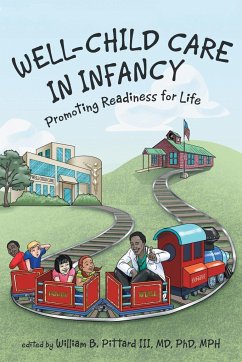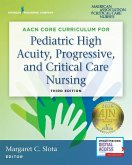Well child care is designed to promote optimal health status for children, including school and life success. This preventive care includes anticipatory guidance; continuity of care; assessment of growth and development; screening procedures for vision, hearing, dental, and cognitive development; and immunizations. Anticipatory guidance provides parental health education, counseling, and reassurance. The vast majority of Medicaid-insured children receive fewer than the American Academy of Pediatrics (AAP) recommended number of well child visits in the preschool years, and a disproportionate number of children have poor health and lack school readiness. With little empirical data available indicating clinical effectiveness other than for immunizations, the AAP recommendations for well child care were originally based on consensus expert opinion, and more than three decades later, documentation of effectiveness remained unavailable. This information gap led policymakers to question the value of well child care and limited incentive to correct its underuse. Only in the last five years have experimental findings indicated an association between well child care and both more cost efficient health care and increased school readiness. Awareness of these findings by insurance company and Medicaid administrators is limited. The purpose for this book is to increase awareness by all stakeholders of the empirically determined clinical effectiveness of well child care. The short-term goal is to facilitate increased utilization of well child care, with a longer term goal of improved child health and life success.
Hinweis: Dieser Artikel kann nur an eine deutsche Lieferadresse ausgeliefert werden.
Hinweis: Dieser Artikel kann nur an eine deutsche Lieferadresse ausgeliefert werden.








